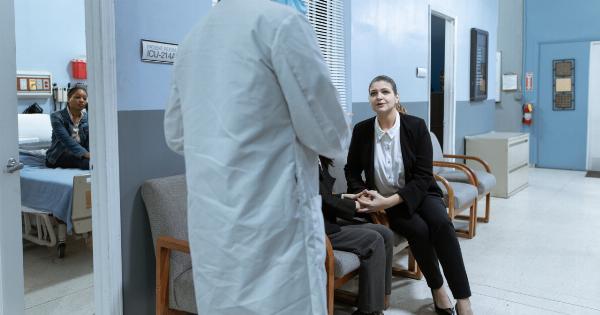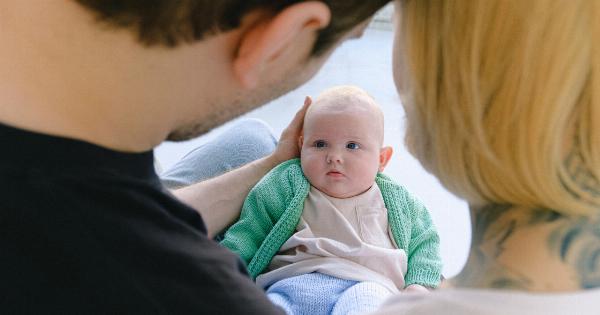Parenting is one of the most rewarding experiences in life. However, it can also be one of the most challenging, particularly when it comes to ensuring the safety of our children.
With the demands of modern-day life, many parents find themselves struggling to balance their work and family responsibilities, leaving them tired and overworked. This exhaustion can lead to a variety of risks for their children’s safety. In this article, we’ll take a closer look at some of these risks and explore ways to mitigate them.
Driving While Tired
One of the most significant risks associated with tired parents is driving while exhausted. Fatigue can cause a range of impairments, including reduced reaction times, impaired decision-making abilities, and decreased alertness.
All of these effects can compromise a parent’s ability to drive safely. According to the National Highway Traffic Safety Administration, drowsy driving is a factor in more than 100,000 crashes each year.
To avoid accidents, it’s essential for parents to make sure they are well-rested before driving, or they should take alternative transportation whenever possible.
Home Accidents
Another significant risk associated with tired parents is home accidents. Children are naturally curious, and with tired parents, accidents can happen easily.
Parents who are exhausted may fall asleep while cooking or performing other household tasks, which can lead to fires, burns, and other injuries. To prevent these accidents, parents should always pay attention to their surroundings, set up baby gates, make sure electrical outlets are covered, and never leave their children unattended in the kitchen or bath.
Medication Errors
Tired parents may also be at risk of making medication errors, including giving their children the wrong dose or even the wrong medication entirely. This can be due to confusion and exhaustion, and even lack of attention.
These errors can be dangerous and even deadly. To avoid these mistakes, parents should make sure they read the labels carefully, double-check dosages, and ask their doctor and/or pharmacist any questions they have about medication.
Child Neglect
Tired parents may also be at risk of neglecting their children’s basic needs, such as food, sleep, and hygiene. This is particularly true for parents who work long hours and have little time to spend with their children.
Neglect can have long-term effects on a child’s physical, emotional, and social well-being. To avoid neglect, parents should try to arrange time to spend with their children, including family activities, reading books, watching movies, or doing other activities that promote engagement and social bonding.
Increased Stress Levels
Tired parents are also more likely to experience increased stress levels, which can negatively affect their children.
Chronic stress can cause a range of adverse health effects in parents and children, including high blood pressure, insomnia, anxiety, and depression. It can also affect children’s development and their ability to form attachments to their parents.
To reduce stress levels, parents can try meditation, yoga, or other relaxation techniques, and prioritize self-care activities such as adequate sleep, exercise, and healthy nutrition.
Decreased Supervision
Tired parents may also be less available and attentive to their children’s needs, leading to a lack of supervision and increased risk of injury or harm.
Parents who are often tired and exhausted may be less able to invest in necessary activities to manage their children’s safety, such as ensuring that they avoid hazards in the home or attending to them when they become sick. To increase supervision, parents can try to plan ahead, hire a babysitter, or engage grandparents and other family members to help watch their children.
Conclusion
Being a parent is a full-time job, and it’s not always easy. Tired parents face numerous risks in terms of their children’s safety and well-being.
Still, there are ways to avoid these risks, including: careful planning, avoiding drowsy driving, avoiding multitasking, following medication instructions correctly, using safety equipment, and engaging in self-care activities. With the right steps, we can ensure that our children remain safe, healthy, and happy.






























